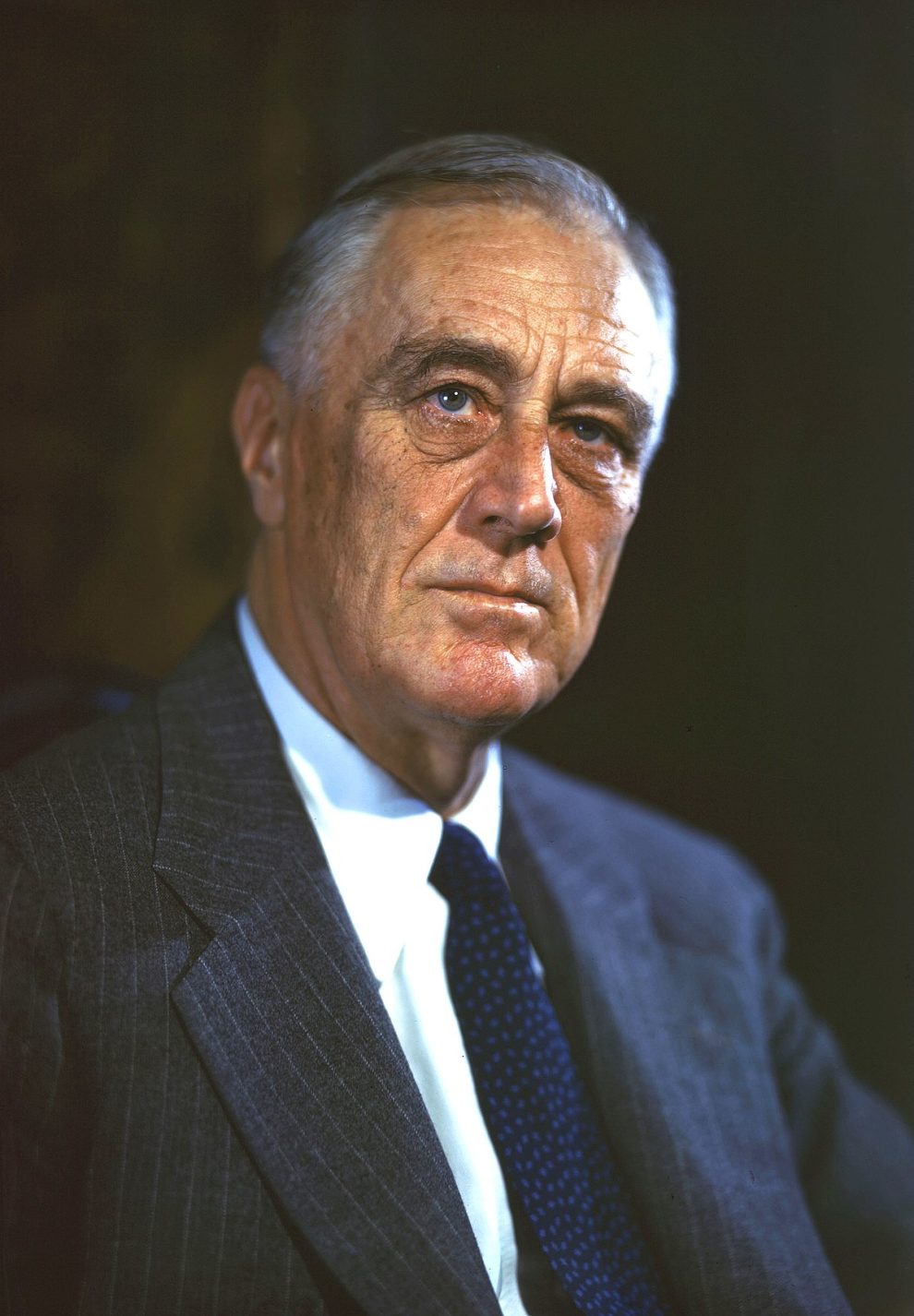Franklin Delano Roosevelt, commonly known as FDR, is one of the most influential figures in American history. Serving as the 32nd President of the United States from 1933 until his death in 1945, he led the nation through some of its most challenging times, including the Great Depression and World War II. FDR’s visionary leadership and bold policies transformed the role of the federal government and left an indelible mark on the American society and economy. This article explores the life, accomplishments, and legacy of Franklin D. Roosevelt.
Born on January 30, 1882, in Hyde Park, New York, Franklin Roosevelt hailed from a wealthy and prominent family. He received an excellent education, attending Harvard University and later studying law at Columbia University. Despite his privileged background, FDR developed a deep sense of empathy and understanding for the struggles of ordinary Americans, which would shape his political career.
FDR entered politics in the early 1910s, serving as a state senator and later as Assistant Secretary of the Navy under President Woodrow Wilson. However, it was during his presidency that his true impact was felt. Elected in 1932 during the depths of the Great Depression, FDR embarked on an ambitious program called the New Deal. The New Deal aimed to alleviate the suffering of the American people, stimulate the economy, and provide relief, recovery, and reform. Through a series of legislation and government programs, FDR established the foundation of the modern welfare state.
FDR’s presidency was defined by his leadership during World War II. After the surprise attack on Pearl Harbor by the Japanese in 1941, he rallied the nation and led the United States into war. FDR worked closely with Allied leaders, including Winston Churchill and Joseph Stalin, to formulate a strategy that would ultimately lead to the defeat of Nazi Germany and Imperial Japan. His steady leadership and ability to inspire confidence in the American people were crucial during this tumultuous period.
Franklin D. Roosevelt’s legacy is far-reaching and enduring. His policies and initiatives reshaped the American economy, creating a stronger social safety net and ushering in an era of unprecedented government intervention. The Social Security Act, the National Labor Relations Act, and the Federal Deposit Insurance Corporation are just a few examples of the transformative legislation that emerged during his presidency. FDR’s leadership during World War II cemented the United States’ position as a global superpower and set the stage for the post-war order.
Moreover, FDR’s impact extended beyond his time in office. His influence can be seen in subsequent administrations, particularly in the expansion of executive power. The concept of the presidency as a force for change and reform was solidified during his tenure. Additionally, Roosevelt’s fireside chats, radio broadcasts in which he spoke directly to the American people, revolutionized political communication and established a personal connection between the president and the citizens.
Conclusion: Franklin D. Roosevelt’s presidency marked a pivotal moment in American history. His innovative policies and leadership during times of crisis left an indelible impact on the nation. From the New Deal to his role in World War II, FDR’s vision and determination continue to shape American politics and society. As one of the most consequential presidents in U.S. history, Franklin D. Roosevelt’s legacy stands as a testament to his unwavering commitment to the American people and his ability to lead in the face of adversity



















Add Comment